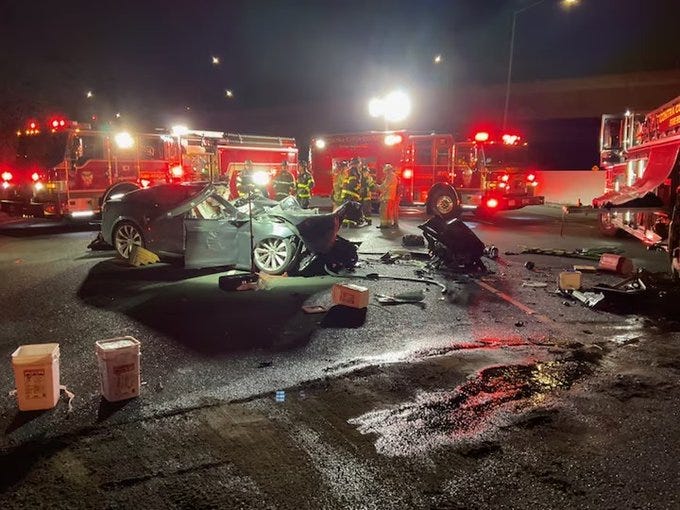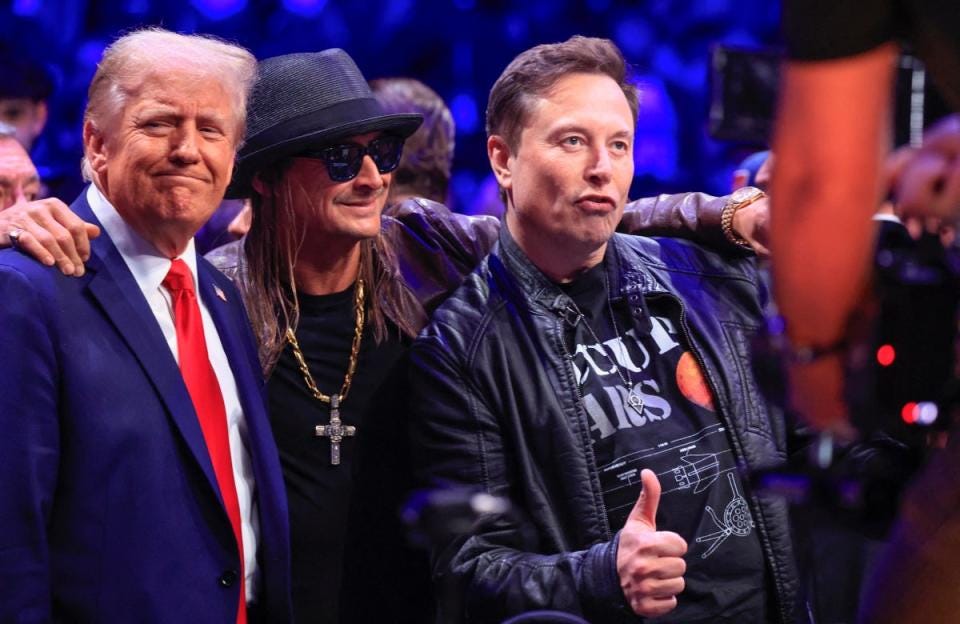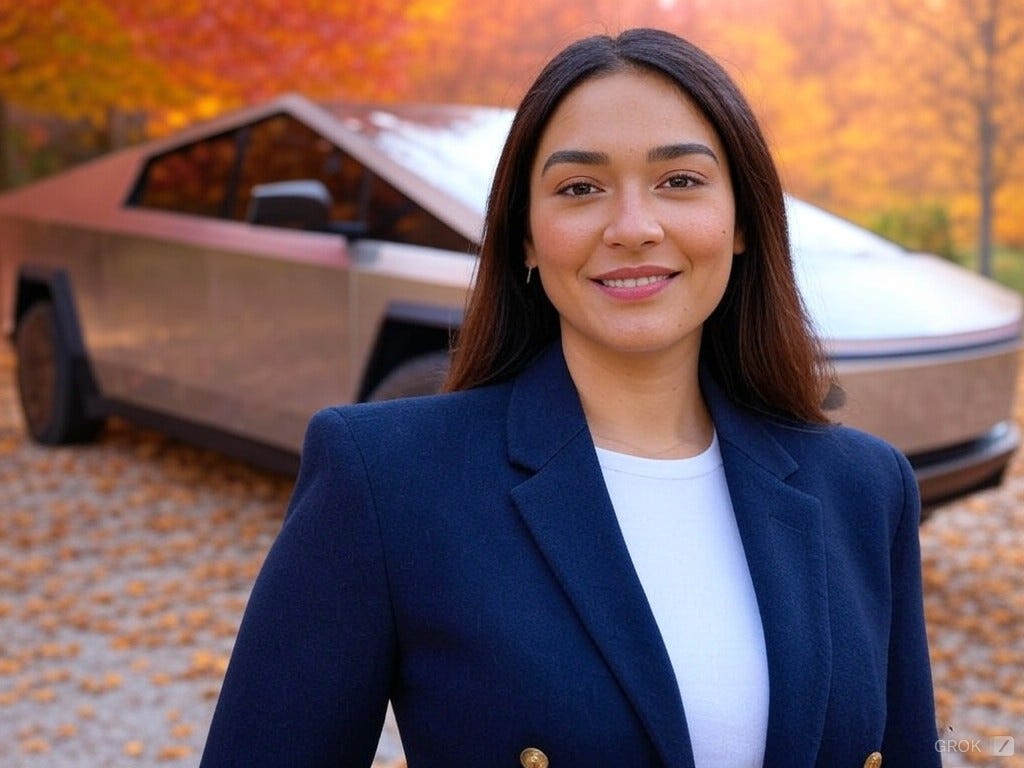Federal investigations and lawsuits allege Tesla overstated self-driving capabilities
Genesis Giovanni Mendoza Martinez was a 31-year-old California man with a love for innovation and technology. When he purchased his Tesla Model S, he believed he was stepping into the future—a world where cars could drive themselves safely and effortlessly. Tesla’s bold claims about its Autopilot feature, often echoed by CEO Elon Musk, had convinced him that the car’s self-driving technology was perfected and ready for the road.
But on February 18, 2023, that belief ended in tragedy.On that day, Genesis was behind the wheel of his Model S when disaster struck. The car, operating in Autopilot mode, was involved in a horrific crash that left him crushed to death. His younger brother Caleb, who was also in the car, survived but suffered severe injuries. For the Mendoza family—parents Eduardo and Maria and their surviving son Caleb—the loss was devastating. They had not only lost a beloved son but were left grappling with questions about what went wrong. Believing Tesla had misled Genesis into trusting the car’s self-driving capabilities, the family filed a lawsuit against the electric carmaker. They claim that Tesla and Elon Musk made exaggerated promises about Autopilot’s safety and readiness, leading Genesis to believe the vehicle could essentially drive itself. In their eyes, those claims created a false sense of security that ultimately cost him his life.
Tesla, however, has pushed back against these allegations. The company argues that its vehicles are designed to meet rigorous safety standards under state law. Furthermore, Tesla suggests that Genesis himself may have been partly responsible for the crash due to his own actions or decisions while driving.The case has brought into sharp focus the ongoing debate over self-driving technology and its limitations. It raises critical questions about how such features are marketed and whether consumers fully understand their capabilities—and their risks. For the Mendoza family, it’s not just about holding Tesla accountable; it’s about seeking justice for Genesis and ensuring no other family endures a similar heartbreak.
Tesla's commitment to safety is validated by top ratings from multiple international safety organizations: 5
5-star safety rating from NHTSA in the United States
5-star rating from European NCAP
Top Safety Pick+ from IIHS
Maximum ratings from China's CIASI
5-star rating from ANCAP in Australasia
Impressive Safety Statistics
The data demonstrates Tesla's exceptional safety performance:
Tesla vehicles with Autopilot engaged experience only one crash per 7.08 million miles driven
Without Autopilot, Teslas record one crash per 1.29 million miles driven
For comparison, the U.S. average is one crash per 670,000 miles

Federal officials, including Transportation Secretary Pete Buttigieg, have raised concerns about Tesla's marketing of its self-driving features. The discussion centers on whether Tesla has been too bold in describing what its cars can do on their own.In a recent statement about the Mendoza case, family attorney Brett Schreiber expressed deep concern about Tesla's approach. "Tesla is using public roads to test its self-driving technology," he explained. He believes the crash that killed Mr. Mendoza and hurt emergency workers could have been prevented. Schreiber points out a bigger worry: older Tesla models with the same technology are still on the roads today, potentially putting both emergency responders and the public in danger.
The debate highlights the gap between Tesla's innovative vision for autonomous driving and current safety regulations. While Tesla's safety data shows promising results, with significantly fewer accidents than traditional vehicles, the company faces growing pressure to be more precise about what its self-driving features can and cannot do.

Tesla is facing mounting scrutiny over its Autopilot system as lawsuits and investigations reveal troubling safety concerns. A whistleblower leak of internal Tesla files uncovered over 3,000 customer complaints about Autopilot issues between 2015 and 2022, including more than 1,000 crashes, 2,400 cases of unintended acceleration, and 1,500 reports of sudden braking or "phantom stops." These incidents have raised questions about the system's reliability and Tesla's handling of safety complaints, with allegations that the company sought to downplay or conceal these issues.\
The National Highway Traffic Safety Administration (NHTSA) has linked Tesla's Autopilot to at least 467 crashes and 13 fatalities. Critics argue that Tesla's marketing of its driver-assistance features misleads consumers into believing the cars are fully autonomous, despite warnings in the user manual requiring constant driver attention. In defense, Tesla claims its vehicles are "reasonably safe" and attributes accidents to driver misuse. Meanwhile, CEO Elon Musk continues to champion Tesla's self-driving ambitions, even as regulators and safety advocates call for stricter oversight of the technology.




